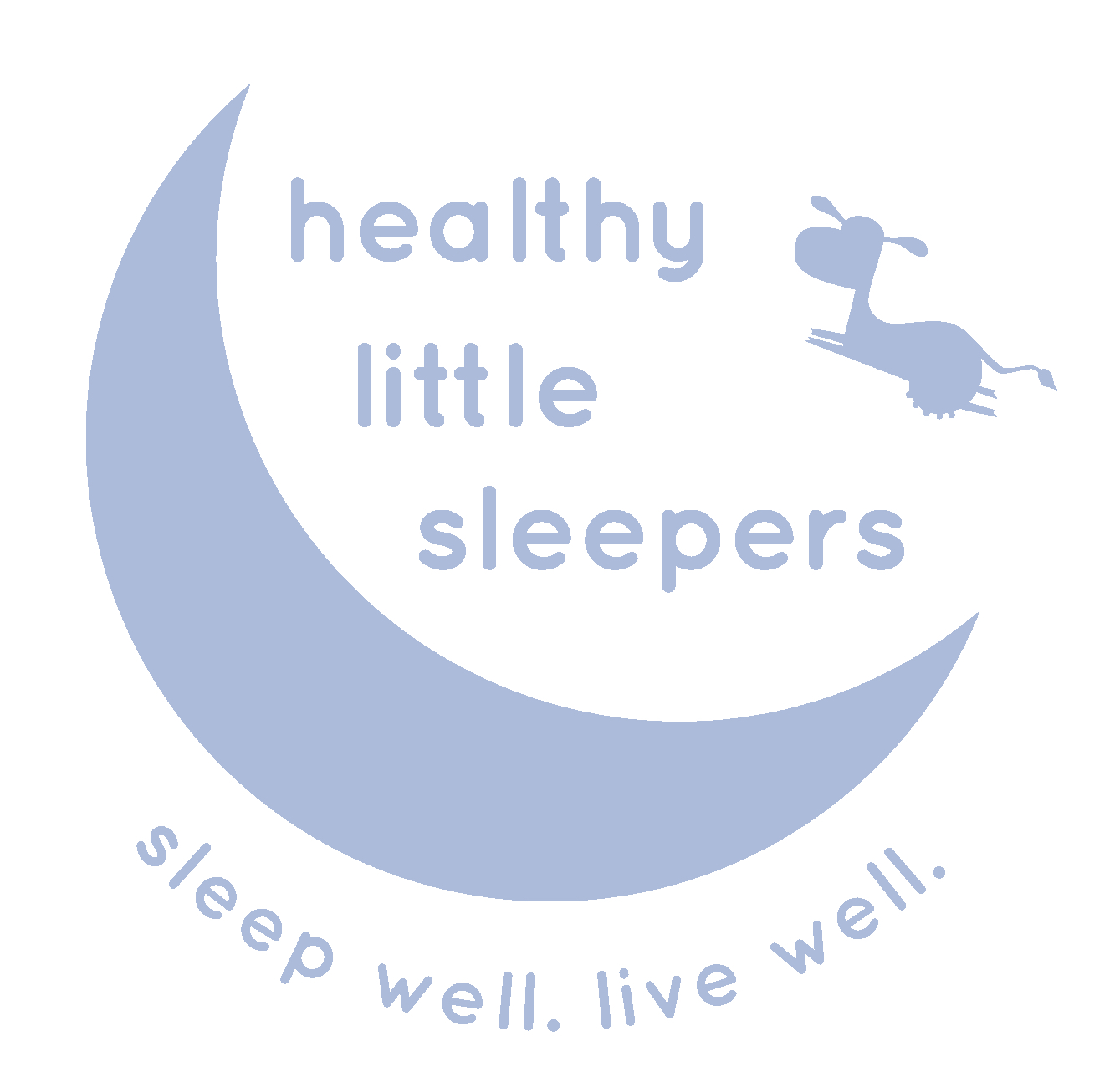A Healthy Little Note: Issue #33
What to do if your little one has reflux…
Photo Credit: Megan Curren Photography
* * *
Oh the Spit Up! Lots and lots of spit up. I remember the first time my little guy spit up. I was sitting in my kitchen when it came over my shoulder while burping him. And Whamo… a warm dripping down my back, onto the fabric chair behind me, and in my hair. I’m sure you can relate if you’ve had your little one for a few weeks now.
Well, my little guy ate a lot (he was in the 90s percentile in weight for a good amount of his infancy), and he spit up A LOT too, but he didn’t have reflux in the sense of the medical term gastroesophogeal reflux (GERD).
Spitting up is actually very common in babies and is usually (but not always) normal.
Ya see, babies spit up because their digestive system is immature when they are born, making the contents that just went down really easy to come right back up the esophagus.
So, if your baby is spitting up but also gaining weight well, not visually in discomfort, and content most of the time, then you most likely have a Happy Spitter.
Here are couple things that can lead your little one to spit up:
… Your little one gets too much milk too fast — as in a fast let down or too fast of a nipple flow from a bottle.
… Your little one is distracted or fussy while feeding thereby swallowing more air and spitting up more often.
Now what if the Happy Spitter doesn’t resemble your little one… well, you more likely have a Scrawny Screamer who has Gastroesphogeal reflux (GER/GERD).
* * *
What is gastroesophogeal reflux?
Well, we are already familiar with the what and why… the muscle that closes off the stomach from the esophagus is weak leading to the contents coming right back up the esophagus. And then the acid from the stomach can cause pain in the esophagus.
When you see discomfort is when you want to bring your little one in to your pediatrician for appropriate diagnosis and possible medication.
What are the signs of reflux?
Here are some common signs to look out for:
Gagging and choking while feeding
Spitting up/vomiting
Sleeps less because of discomfort
Inconsolable crying or severe fussiness when feeding
Poor weight gain
Difficulty eating
Arching of the neck and back, which actually helps relieve discomfort by lengthening the esophagus
Breathing problems — sleep apnea
Now, by no means am I a medical doctor. So, this is one of those times if your baby is showing signs of the above symptoms, definitely talk with your pediatrician.
* * *
What can you do if your little one has reflux?
Before we jump into the “what to do”, it’s important to note,
Not all babies who show signs of reflux need treatment.
In fact, all babies are actually born with this immature muscle. This muscle starts to get stronger as your little one grows. But, if you do feel like you see pain, here are several recommendations you will hear from your pediatrician:
Feed your little one more frequently but in smaller doses.
Avoid overfeeding.
Keep your little one upright for 15–20 minutes after feeding. Don’t put her down for a nap right after feeding.
Change your diet… if you’re breastfeeding, take out cow dairy, and if you’re using formula try a soy based one instead.
Burp your baby frequently.
Use a pacifier, which helps reduce irritation and speeds gastric emptying.
Reduce or eliminate caffeine. Excessive caffeine in mom’s diet can contribute to reflux.
Avoid compressing baby’s abdomen — this can increase reflux and discomfort. Dress baby in loose clothing with loose diaper waistbands; avoid “slumped over” or bent positions; for example, roll baby on his side rather than lifting legs toward tummy for diaper changes.
The positions shown to significantly reduce reflux include lying on the left side and prone (baby on his tummy). Placing your little one in a prone position should only be done when the child is awake and can be continuously monitored. Prone positioning during sleep is NEVER recommended due to increased SIDS risk.
Reflux medication — If needed, work closely with your doctor and keep in mind that dosages generally need to be monitored and adjusted frequently as your little one grows.
* * *
Last but not least…
Now remember, in times of your little one’s discomfort, we will ALWAYS tend to and care for your baby even if it means some sleep associations and habits have developed that are hard to break.
It’s our job as parents to try and make them the most comfortable as possible. You have done nothing wrong nor have caused this to happen. When the pain starts to subside, we can slowly start to work on breaking any holding/rocking or other helping ways that are needed to sleep.
If you feel like you’re in a bind after dealing with reflux and your little one’s sleep, go here to schedule a FREE 15-minute call with me, and we can chat about it!
* * *
Oh, one more thing!
Every other week I share my newsletter — The Healthy Little Note — where you can get this directly in your in box plus other great curated content to help you and your little can get the most out of their first 5 years of life.
If you have little ones, I’m sure you’ll love it!
You can check out the most recent issue here.
Or, SUBSCRIBE below:


